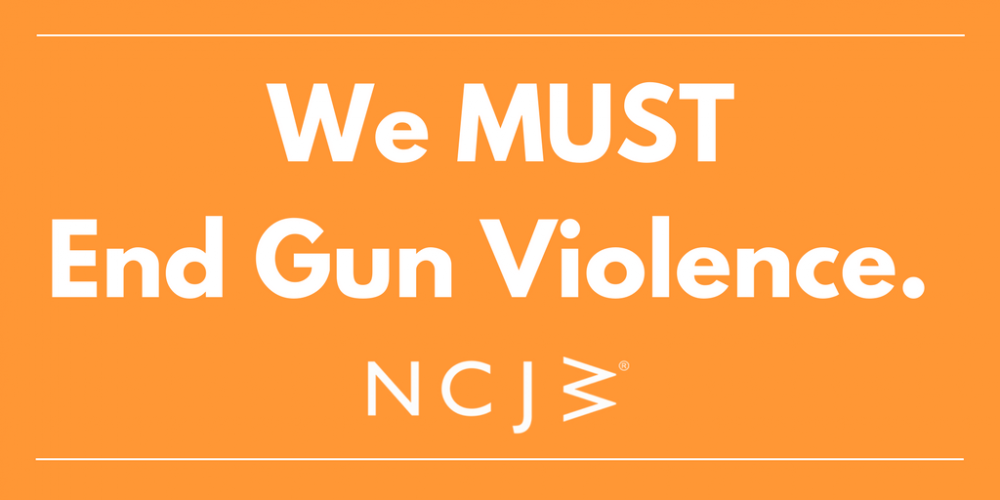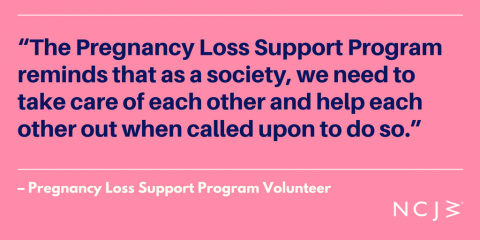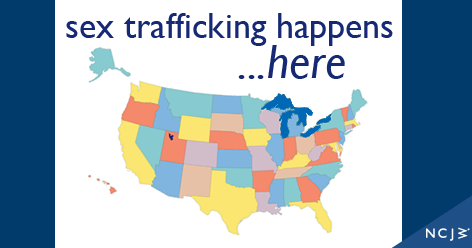5 Lessons From the Gun Violence Prevention (GVP) Movement

by Allison Kaminsky, NCJW Legislative Intern
I cover NCJW’s gun violence prevention portfolio as part of my internship in the Washington, D.C. office. NCJW is a member of the Gun Violence Table, and I join weekly phone calls and attend in person meetings once a month. Through my internship, I’ve learned so much about the problem of gun violence as well as effective strategies to advocate for gun violence prevention.
1. Personal Stories
Many individuals have a hard time grappling gun violence’s high death and injury tolls. Individuals often respond to personal experiences more than statistics. Uplifting the personal stories of gun violence survivors and those impacted by gun violence, such as family and friends, resonates with the public and galvanizes individuals to actively support the GVP movement.
2. Unifying Language
Americans overwhelmingly support common sense gun laws including background checks and a 30 day waiting period for gun sales. Despite their shared viewpoint, many individuals feel marginalized from the GVP movement because of their political affiliation or because they own a gun. Therefore advocacy groups and coalitions should not demonize gun owners or members of an opposing political party in messaging. Instead focus on shared values and goals in order to enact common sense gun laws.
3. Form Coalitions
Many cities and states formed coalitions that advocate for GVP. 100 organizations with 120,000 combined members formed the Rhode Island Coalition Against Gun Violence. Joining coalitions enable individuals and organizations to expand their networks, to learn from one another’s experiences and successes, and to coordinate widespread advocacy efforts.
4. Domestic Violence Prevention
Much of the GVP movement’s recent legislative progress comes from strengthening existing state domestic violence laws or enacting new domestic violence laws. Over ten thousand women were murdered between 2003 and 2014, almost half of whom were killed by a current or former romantic partner. Everytown for Gun Safety found that “47 percent fewer women are shot to death by intimate partners” in states that require universal background checks for all gun sales.
5. Progress
In the last five years, 45 states have enacted over 200 GVP laws. Some laws include Louisiana’s 2014 law that banned those with a domestic violence misdemeanor from owning a gun. The law closes the boyfriend loophole by including dating violence as domestic violence. The law gives the same protections to same-sex couples and heterosexual couples. Oregon’s state legislature passed a law requiring background checks for all gun sales in 2015. Earlier in 2017, Colorado defeated a concealed carry bill that would have allowed guns in schools. On the federal level, the Fix NICS Act of 2017 has wide support in Congress from both parties and there is a strong likelihood that it will pass. Though but a few examples, these laws illustrate the steady progress of the gun violence prevention movement.


